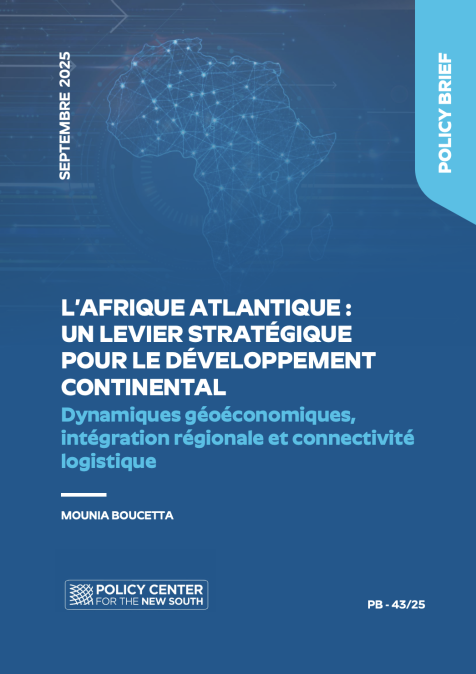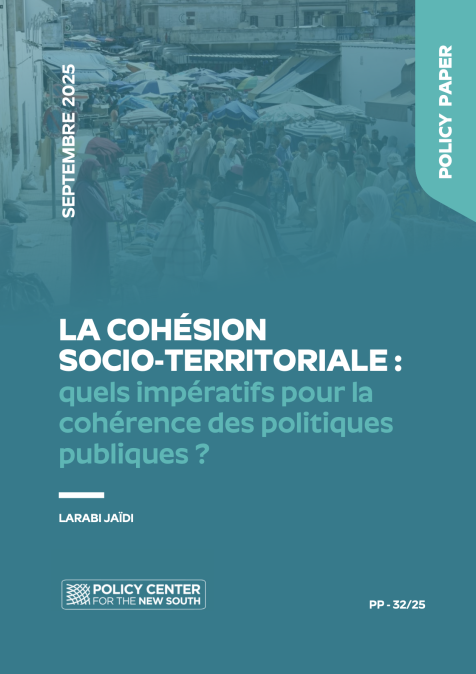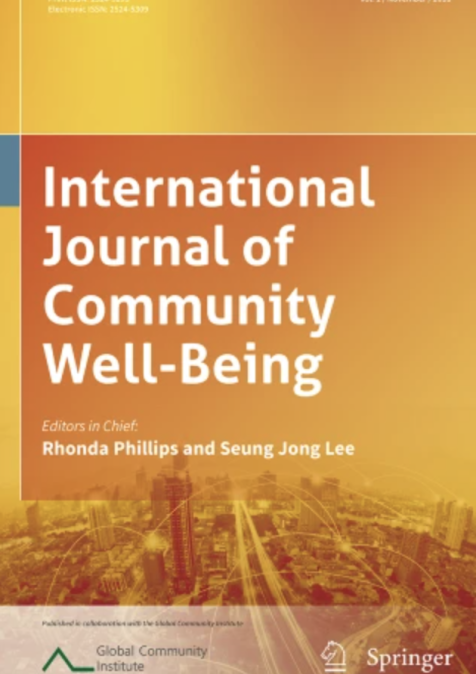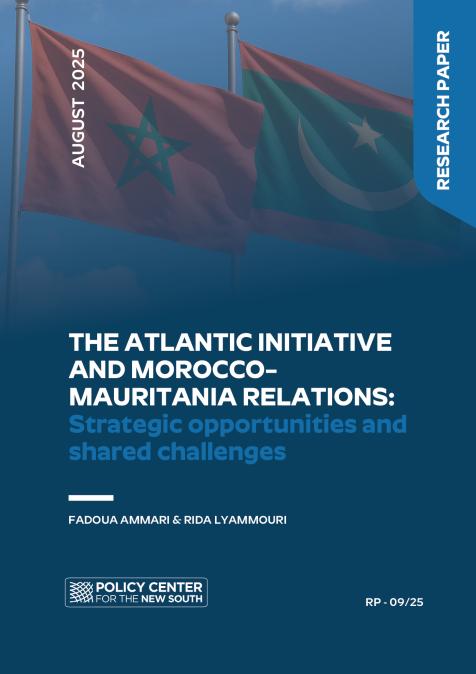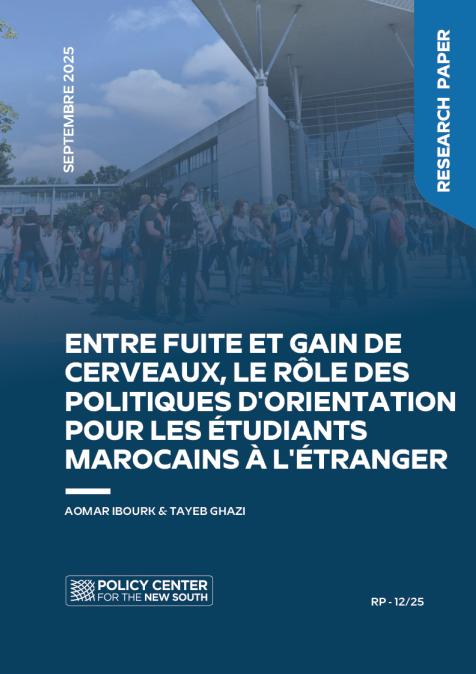Financial integration of countries and financial globalization led to an extraordinary rise of foreign assets and liabilities as a share of GDP, followed by stability of total flows since the global financial crisis of 2008-2009. The apparent stability has been marked by an underlying metamorphosis of cross-border finance, with de-banking and rising foreign direct investment and non-banking financial flows. Blind spots and potential instability remain.
Speakers

Otaviano Canuto
Senior Fellow
Senior Fellow at the Policy Center for the New South, Affiliate Professor at Mohammed VI Polytechnic University and Non-Resident Senior Fellow at Brookings Institute. Former Vice President and Executive Director at the World Bank, Executive Director at the International Monetary Fund (IMF) and Vice President at the Inter-American Development Bank.
...


